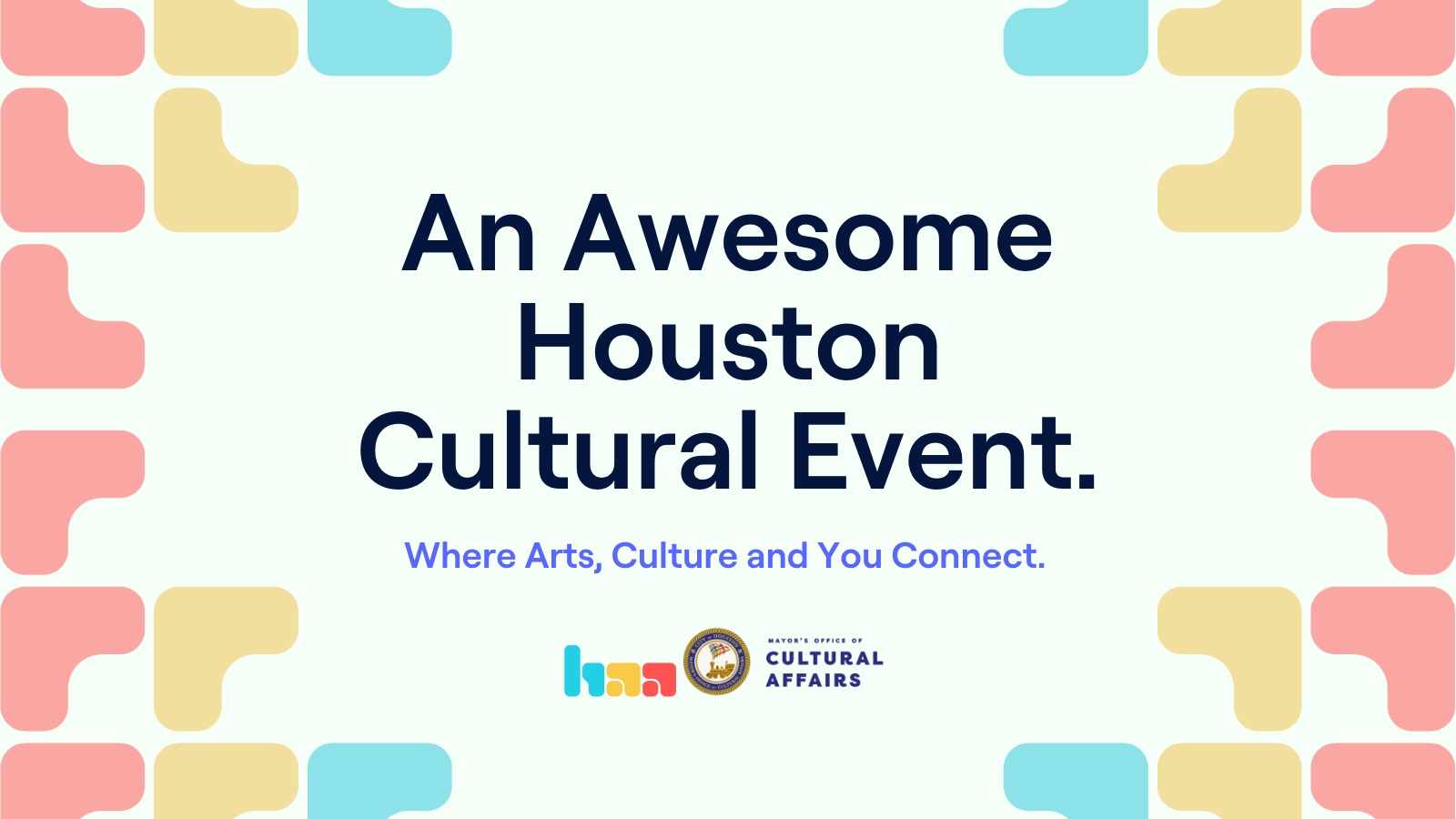
Explore the many ways that the realms of culture, society, and religion support each other, and how we can respectfully and authentically adopt the valuable perspectives embedded in the wisdom traditions of cultures other than our own.
The ancient, living religious traditions of Tibet and indigenous America understand humanity as inextricably interconnected with its environment. Many psychologically- and spiritually-minded individuals find themselves incorporating the environmental wisdom of these traditions into their personal spiritual practices. Less well-understood than their inherent care for the environment are the cultural and societal contexts in which these traditions formed and grew, and the largely-unspoken ways that these contexts – not often thought of as spiritual – fundamentally inform the practices of those spiritual traditions. If we take up these practices without considering their cultural and societal background, we run the very real risk of misunderstanding the imaginal or mythical worldviews at the hearts of these traditions, inadvertently and inappropriately adopting culture-bound behaviors that do not accurately reflect our own deep and complicated histories, and allowing ourselves to remain blind to our own unconscious attachments to ideals that deepen the environmental crisis.
How can we honor the profundity and pragmatic usefulness of these spiritual worldviews without succumbing to the western world’s deeply-embedded tendencies to intellectual colonization and cultural appropriation? How can we remain curious and reflective about the ways we treat the earth, and not use these powerful spiritual ecologies as a way of bypassing our responsibility to the lands we inhabit? Join us for this all-day conference as we explore the many ways that the realms of culture, society, and religion support each other, and how we can respectfully and authentically adopt the valuable perspectives embedded in these wisdom traditions.

